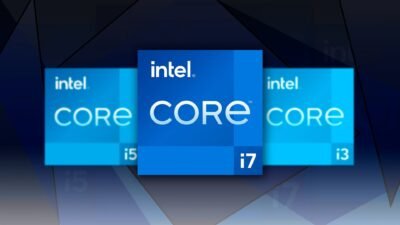Arab States Are Buying Heavily Nvidia’s H100 Ai Superchips For Oil Production

AI chips are the new oil. The logic of the Gulf states of Saudi Arabia and the United Arab Emirates (UAE) seems to be something like this because they are currently buying masses of new, AI-specific “Superchips” from Nvidia in order to build their own supercomputers.
Saudi Arabia alone has bought over 3,000 H100s
Both Saudi Arabia and the United Arab Emirates have started bulk purchases of the latest Nvidia H100 AI chips in recent weeks, according to Financial Times sources. Together, the two countries, which are best known as fossil fuel miners, have bought several thousand H100 chips.
The H100 is the latest graphics processor from Nvidia, which company boss Jen-Hsun Huang also calls “superchips” and was allegedly first developed specifically for use in “generative artificial intelligence”. According to the manufacturer, each Nvidia H100 costs a whopping 40,000 US dollars.
Several large supercomputers planned for LLMs
According to sources close to Nvidia and its main contract manufacturer TSMC, Saudi Arabia alone has ordered at least 3,000 H100 Superchips. These were purchased by a research facility called Kaust (King Abdulla University of Science and Technology) to use to build several supercomputers to be used to develop their own Large Language Models (LLMs).
According to the sources, the United Arab Emirates should also have secured access to “thousands” of H100s. The country wants to ensure that you can build large AI computers yourself and are not dependent on services from abroad. It simply does not want to be dependent on China or the United States, according to one of the report’s sources.
The chips are scheduled to be shipped to Saudi Arabia by the end of 2023, with the country paying around $120 million for them. They are to be used to build a new supercomputer called Shaheen III, in which around 700 of the chips will do their job. What will happen to the rest of the H100 chips is currently unclear. The supercomputers developed in the Gulf States are mainly built there by Chinese researchers and developers, who are now hardly able to find employment with AI companies in the USA.
Meanwhile, critics warn that the Gulf States could potentially use AI systems to monitor citizens or restrict freedom of expression. In addition, in their opinion, it could be that the LLMs developed there do not have the same security measures that companies from Europe or the USA implement with great effort to prevent the AI systems from malfunctioning.
Research Snipers is currently covering all technology news including Google, Apple, Android, Xiaomi, Huawei, Samsung News, and More. Research Snipers has decade of experience in breaking technology news, covering latest trends in tech news, and recent developments.










